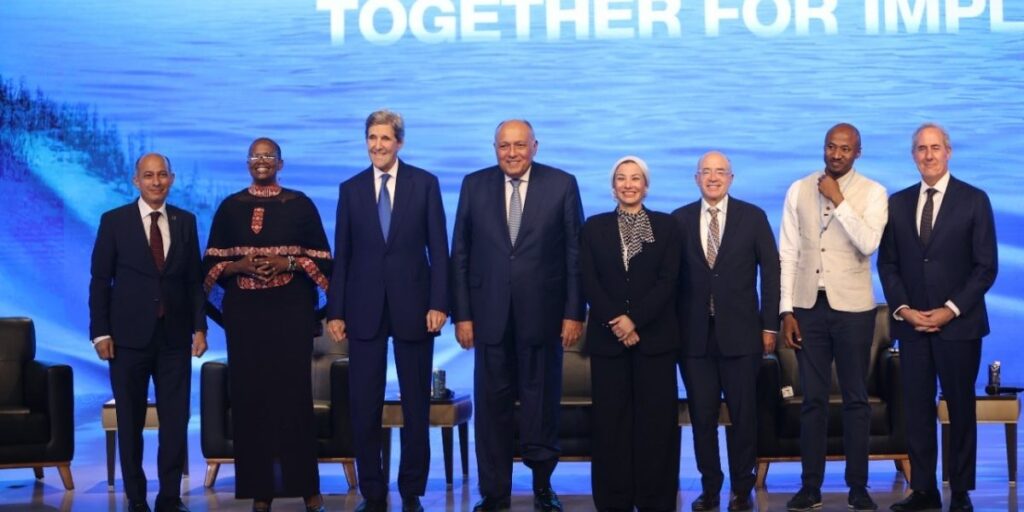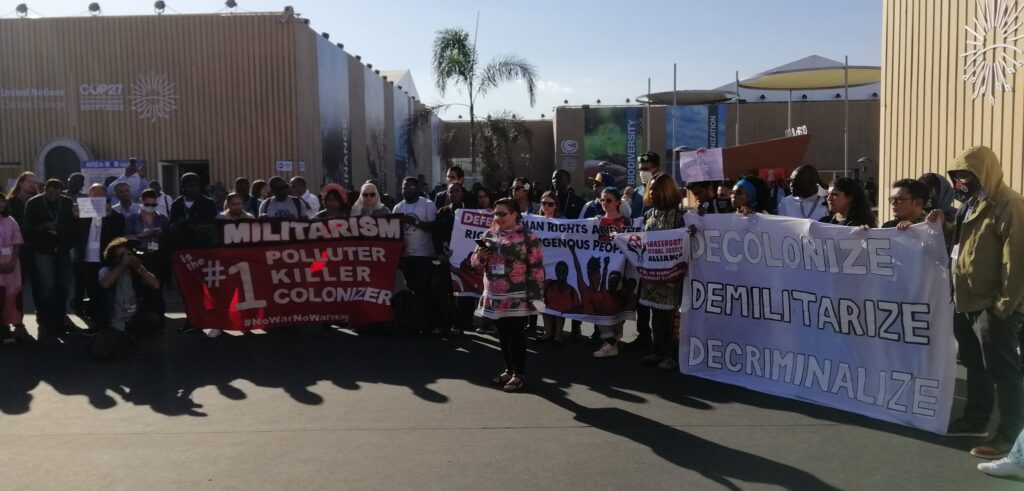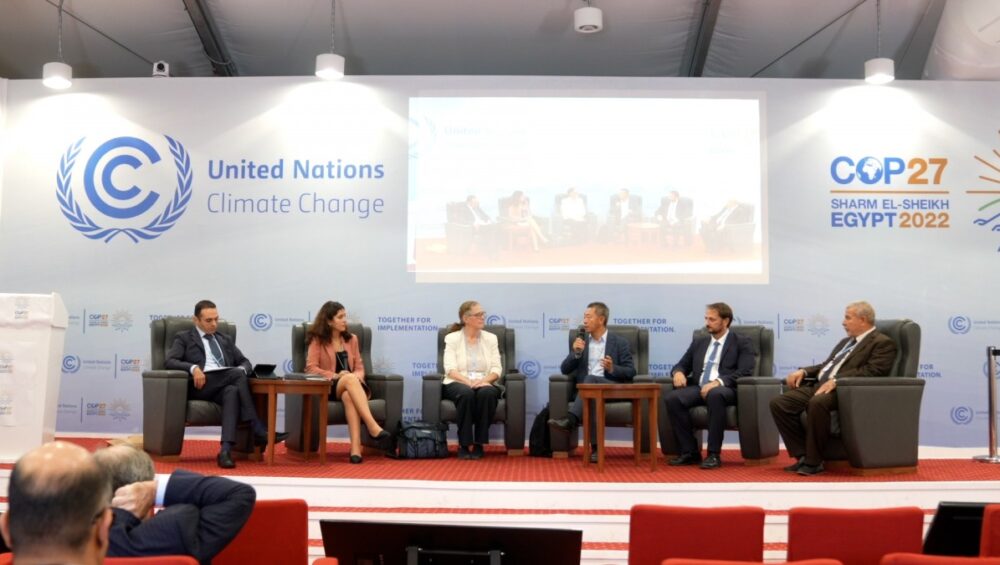Industry drives the engine of our modern world, but it’s also the largest contributor to global emissions. The challenge to achieving decarbonization across the board is huge.
On Decarbonisation Day, under the Breakthrough Agenda, countries representing more than 70% of global GDP launched a package of 25 new collaborative actions to be delivered by COP28 to speed up decarbonization under five key breakthroughs: power, road transport, steel, hydrogen, and agriculture. These measures are designed to cut energy costs, rapidly reduce emissions and boost food security for billions of people worldwide whilst also ensuring a just transition for green jobs.
A coalition of 45 world leaders has launched the Breakthrough Agenda, an unprecedented international clean technology plan to help keep 1.5°C in reach. It provides a framework for countries and businesses to join up and strengthen their actions every year in key emitting sectors, through a coalition of leading public, private and public-private global initiatives.
The Carbon Dioxide Removal 2030 Breakthrough states that by 2030, carbon dioxide removals are responsibly scaled to remove 3 billion tonnes of CO2 per year, with another 500 million tonnes per annum being stored for at least 100 years. In addition, the Carbon Removals at COP is a virtual online pavilion for events, daily commentary, news and thinking during COP27 and beyond. It is a collaborative effort composed of volunteers, NGOs, and practitioners from across the carbon removal ecosystem.
The First Movers Coalition (FMC) will launch its “FMC Cement & Concrete Commitment” to showcase the emerging global demand for green cement in partnership with the World Economic Forum (WEF) and the Mission Possible Partnership (MPP). The Commitment will initially be launched with five signatories.
Launch of the Africa Net Zero Concrete Group, which aims to accelerate the decarbonization of the cement sectors in Africa by exchanging lessons learned, supporting companies in their net zero trajectories via the Race to Zero and accelerating the establishment of net zero country sector roadmaps in African countries. The goal for next year is to establish these in up to ten African countries.
The Green Cement Technology Tracker is published in order to ensure more transparency and accountability by LeadIT and its partner, the Global Cement and Concrete Association GCCA. The aim is to transparently track public announcements of low carbon investments in the cement industry.
The launch of the Climate Investment Funds’ (CIFs) new Industry Transition Programme, the world’s first large scale dedicated finance programme for developing country industry transitions. Plans include a $410m green hydrogen investment in Egypt led by the European Bank for Reconstruction & Development (EBRD) and a World Bank project to develop a $1.6bn green hydrogen global programme.
Mobile network operators signal 64 terawatt hours in new renewable energy required by 2030, and the Asia Clean Energy Coalition with Google, Meta and Samsung is launched to accelerate renewable electricity procurement in Asia. These clear demand side signals show progress towards the 2030 ICT & Mobile Breakthrough of 80% decarbonized electricity.
Launch of the new Net Zero Playbook provides companies with a set of practical solutions to address their most complex emissions challenges. It outlines what is possible, how to get started, and provides case studies demonstrating how industry leaders are already taking action across key decarbonization levers. It’s developed in partnership between The Consumer Goods Forum, its members, and Accenture.
The Energize program has grown to include 15 companies, and 364 supplier companies have registered. Energize is a program working to decarbonize the pharmaceutical industry’s value chain by helping them to accelerate their renewable energy procurements. This growth accounts for 22.1 TWh of electricity demand. This progress falls in line with the focus on implementation at COP27.
The UN Climate Change High-Level Champions are calling for action across four Sharm el-Sheikh Adaptation Outcomes for Planning: for cities and regions to have A&R plans, companies to have A&R plans, A&R planning to be localised and consultative, and universal access to climate tools and information. The Planning deep-dive report provides additional detail on the Sharm el-Sheikh Adaptation Outcomes for planning and offers solutions for how they can be delivered. Further technical reports across these impact systems will be published over the course of COP27.
Launch of the Ambition Loop for the Ocean Economy Report. The Ambition Loop is a positive feedback loop in which bold government policies and private sector leadership reinforce each other, and together take climate action to the next level. By activating the blue ambition loop, it’s hoped this can lead to further ocean-climate actions. The report also provides a framework for a system approach to ocean-climate action through the “Blue Breakthroughs.”
Launch of the African Alliance for Sustainable Cities and Built Environment. The Alliance supports the Africa Manifesto for Sustainable Cities & the Built Environment, which sets out policies related to energy, water, materials, finance and infrastructure that African business leaders, city and government officials must support to deliver a socially- and economically-inclusive built environment for everyone across the continent.
Source
News Agencies









